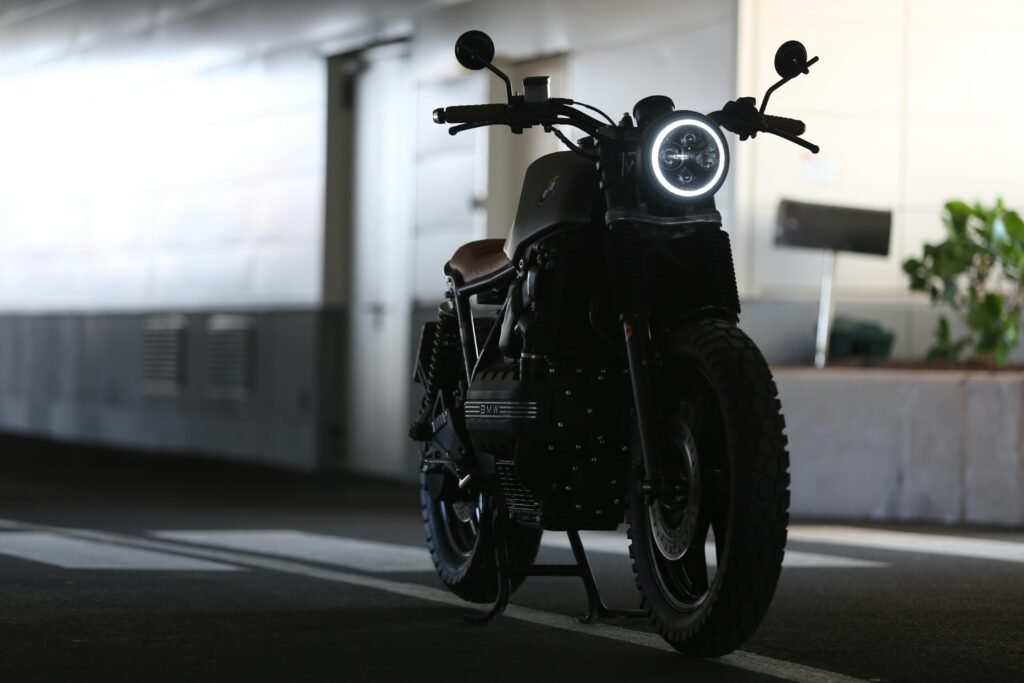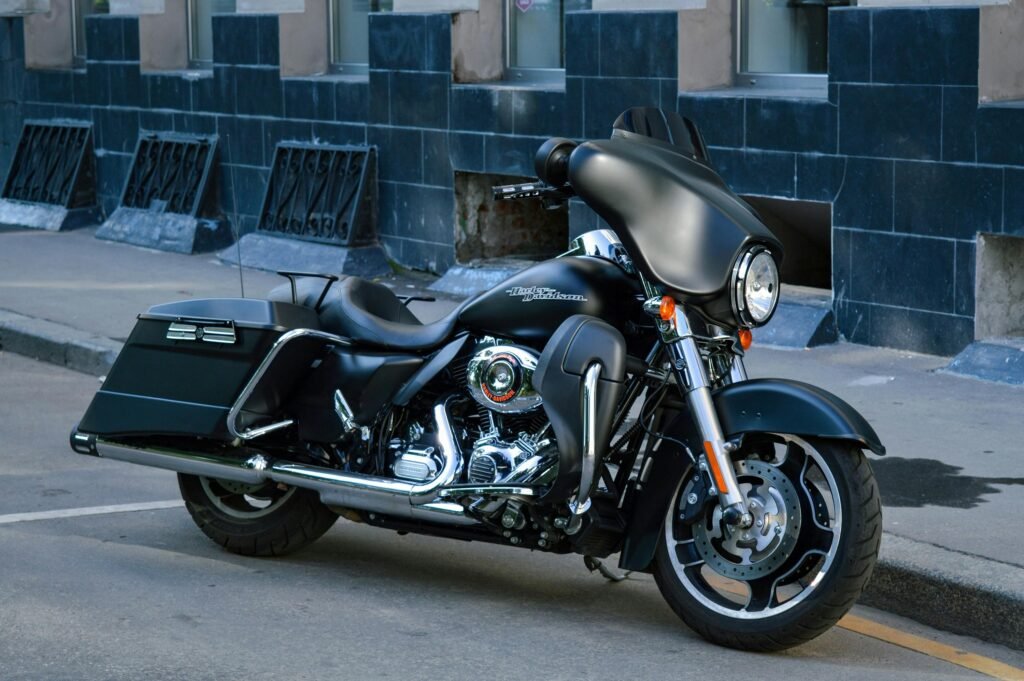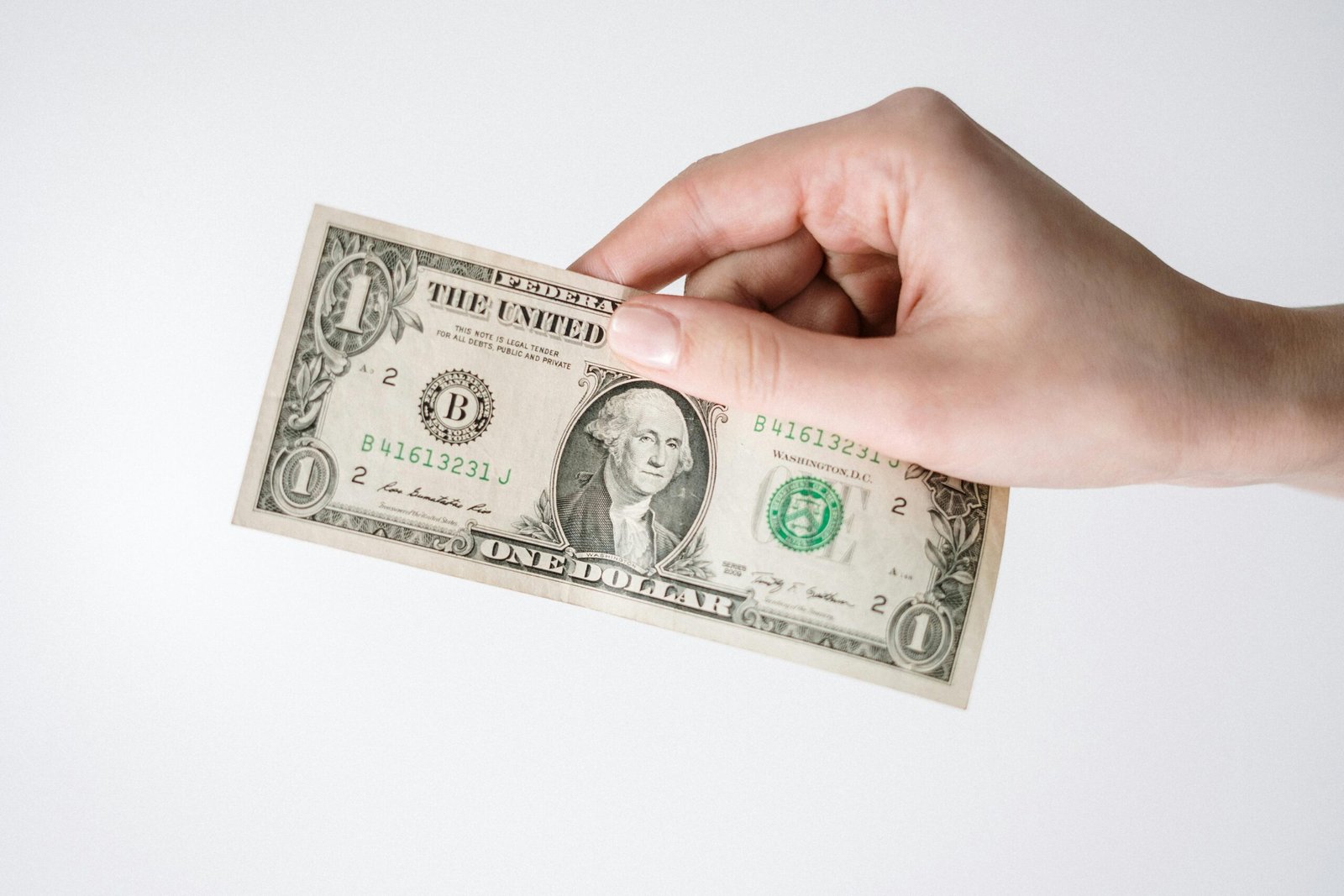When managing a business, spending company funds wisely and legally is essential—especially when it comes to major purchases like vehicles. While company cars are widely accepted as a legitimate business expense, what about motorcycles? Can a company in the European Union (EU) purchase a motorcycle using business funds? The short answer is: yes, but with several conditions.
In this article, we’ll break down the rules, tax implications, and practical considerations around buying a motorcycle as a business expense across the EU.
1. Is It Legal to Buy a Motorcycle with Company Money?
Yes, it is generally legal for a company in the EU to purchase a motorcycle as long as the expense is justified as related to business operations. Justification is the keyword here. For tax authorities, the key question is whether the motorcycle serves a genuine business purpose.
For example:
- A motorcycle courier company can easily justify motorcycles as a core asset.
- A consulting firm with employees who frequently travel between client sites in congested urban areas might also justify motorcycle usage for speed and fuel economy.
However, if a business purchases a motorcycle that is mostly used for personal commuting or leisure, tax authorities may disallow deductions or reclassify the motorcycle as a benefit in kind (BIK)—which is taxable.

2. VAT and Deductibility Rules by Country
General EU Rules:
- VAT Deduction: You can typically reclaim VAT on a business-related purchase, including motorcycles—if the use is demonstrably for business.
- Depreciation and Expense Deductions: The motorcycle must be listed as a fixed asset on the company’s balance sheet. Depreciation rules vary by country but often follow a 3-5 year schedule.
Country-Specific Highlights:
- Germany: Strict on VAT deductions; business use must exceed 90% for full VAT recovery.
- France: Allows VAT deduction if the motorcycle is not considered a luxury vehicle and is used for deliveries or business purposes.
- Netherlands: Partial VAT recovery may be possible depending on personal vs business use.
- Poland: Requires detailed mileage logs and evidence of usage; personal use greatly reduces deductibility.
3. Benefit in Kind (BIK) and Personal Use
If a company-owned motorcycle is also used for personal purposes, most EU countries will consider that usage a benefit in kind, which:
- Must be reported to tax authorities.
- Is subject to income tax for the employee or company director.
- May result in reduced VAT reclaim and expense deductibility.
BIK values depend on the motorcycle’s purchase price, type (electric or petrol), and extent of personal use.

4. Can Freelancers or Sole Proprietors Deduct Motorcycles?
Yes, self-employed individuals and sole proprietors can deduct motorcycle expenses under similar conditions:
- It must be demonstrably used for business travel (e.g. client visits).
- Mixed-use motorcycles require mileage tracking or pro-rata deductions.
Example: If you ride your motorcycle 60% for business, 40% for personal use, you can only deduct 60% of eligible costs (fuel, insurance, depreciation, etc.).
5. What Counts as Business-Related Use?
Legitimate business-related use includes:
- Visiting clients or job sites
- Deliveries or transport of goods
- Commuting between business premises
- Courier services
- Company marketing purposes (e.g. branding a vehicle)
Non-legitimate uses:
- Commuting from home to office (often considered personal in most countries)
- Recreational use
- Employee benefits without strict control over usage
6. Are Electric Motorcycles Treated Differently?
Yes! In many EU countries, electric motorcycles or mopeds benefit from:
- Green incentives (tax deductions, purchase subsidies)
- Lower BIK tax rates
- Better VAT recovery policies
Governments across the EU are pushing for green mobility, and electric vehicles—including motorcycles—often fall under eco-friendly business investment categories.

7. Administrative Tips If You Decide to Buy
To remain compliant:
- Record the motorcycle as a company asset with its invoice, registration, and insurance under the company’s name.
- Track usage (logbook, mileage tracker).
- Clearly define internal policies around personal use.
- Consider branding it with the company logo to strengthen its “business use” rationale.
Final Verdict
Yes, buying a motorcycle with company money is possible in the EU, but only if the usage is business-related, properly documented, and compliant with local tax laws. If misused, it can lead to tax penalties, disallowed deductions, and reclassification as taxable income.
When in doubt, always consult with a local accountant or tax advisor who understands your country’s specific regulations.

Want to Manage Your Business Smarter?
Visit Rakuzan.eu for guides on tax-efficient spending, smart entrepreneurship, and digital business management.
Thinking of launching an online business? We recommend Hostinger for reliable and cost-effective hosting.
Disclaimer: This article is for informational purposes only and does not constitute financial, tax, or investment advice. Readers should consult with a licensed professional before making any financial or business decisions.





